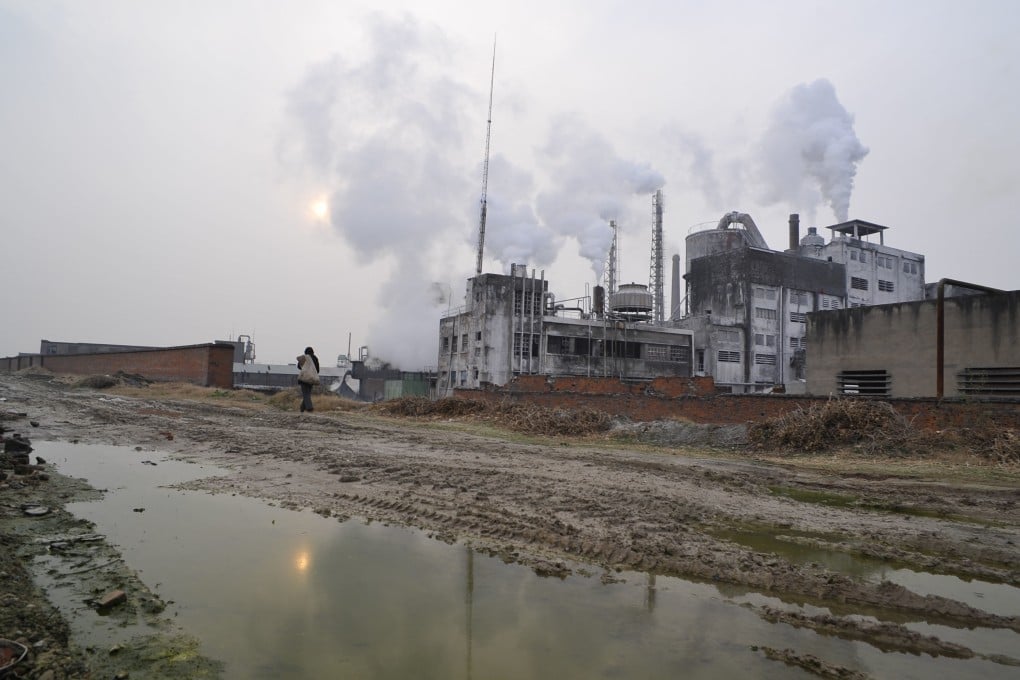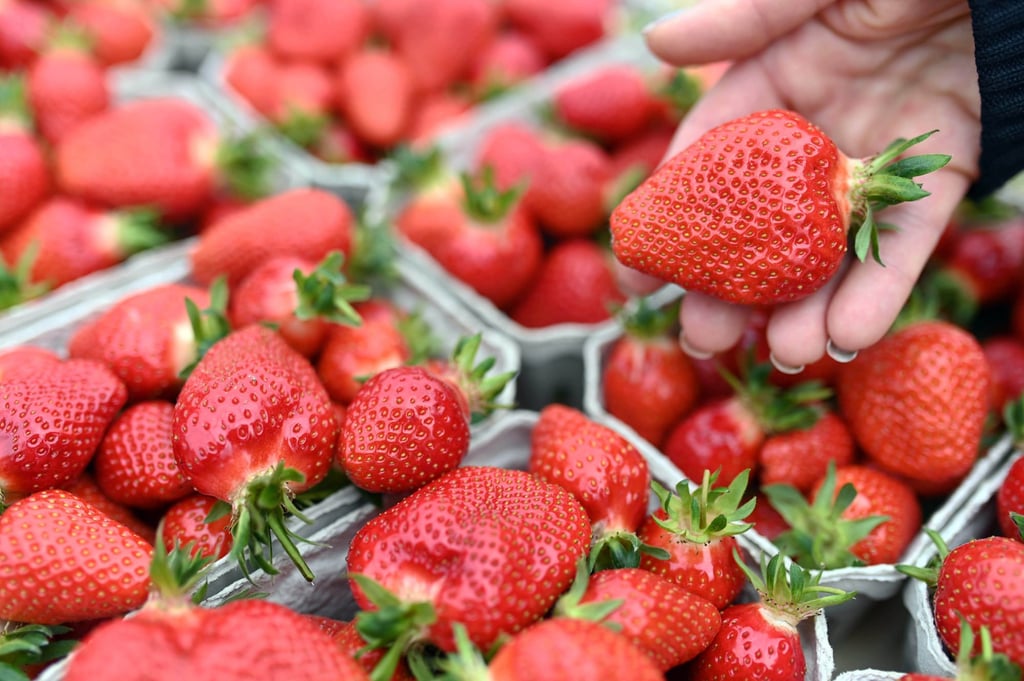Man-made chemicals are killing us and they’re everywhere – in our food, water, air, clothing, homes and workplaces, author says. It’s why we, and Planet Earth, need a detox
- Human ingenuity has produced 350,000 chemicals, and most haven’t been tested for safety, science writer Julian Cribbs says. Once used, they are forever with us
- In his book Earth Detox, he shocks us from complacency with facts and figures he hopes will encourage consumer choices that ultimately bring about change

Earth Detox: How and Why We Must Clean Up Our Planet by Julian Cribb, pub. Cambridge University Press
If you ever have Australian science writer Julian Cribb over for dinner, don’t serve strawberries for dessert, at least not the supermarket-bought varieties consumed by the truckload, especially during summer.
As he will readily explain, the produce may look luscious but it is “saturated” with fungicide to prevent fuzz spreading uncontrollably after a few days – the way it used to when he grew the fruit at home as a child. Washing will not completely remove the poison, meaning, he says, “you’re eating stuff that’s designed to kill some of the toughest life forms on the planet”.
“And if it can kill a fungus,” he adds, “it is dangerous for humans.”

Strawberries, the ruby-red symbols of the Goddess of Love, are the worst offenders in the Dirty Dozen shoppers’ guide to pesticides this year (and last), according to the Environmental Working Group. The American NGO’s findings are highlighted in the Food Fears section of Earth Detox, Cribb’s new book about the “man-made chemical assault on ourselves and life on Earth”.
